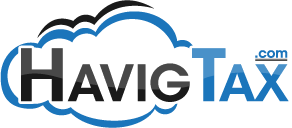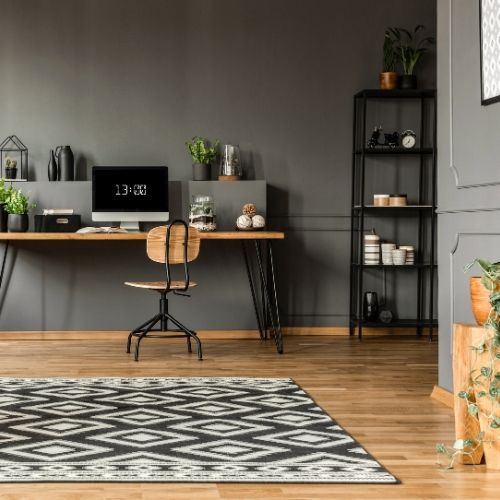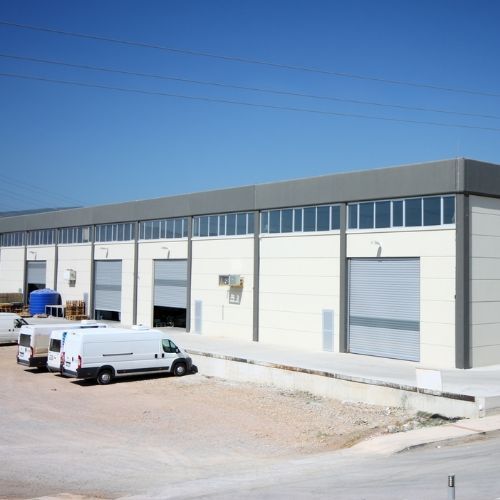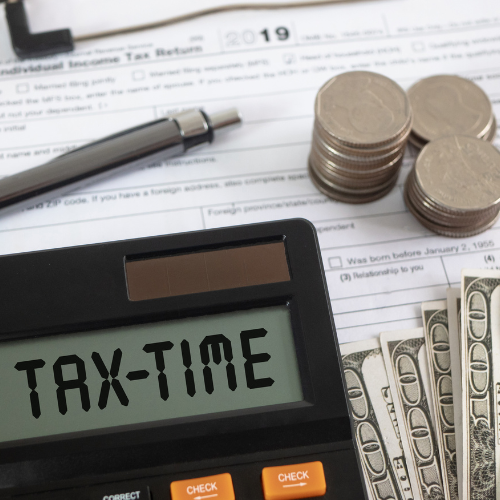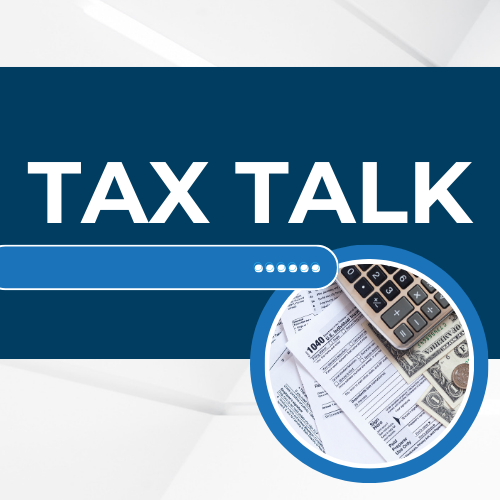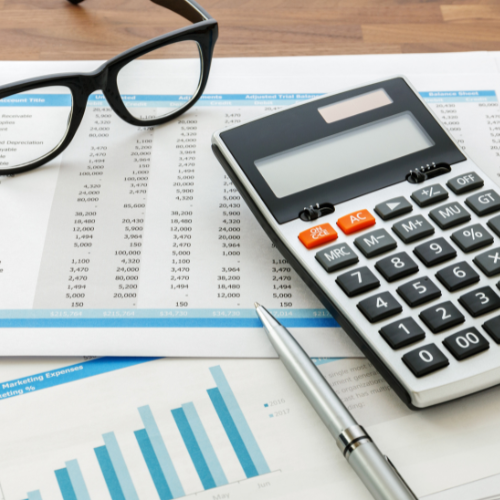Tax Tips for Self Employed Painters
Tax Tips for Self Employed Painters

As a self-employed painter, maximizing tax savings is crucial for optimizing your income and financial stability. By implementing effective tax strategies, you can reduce your tax burden and keep more of your hard-earned money. In this blog post, we will explore valuable tax saving tips specifically tailored for self-employed painters.
- Keep Accurate Records: Maintaining detailed and organized records is essential for maximizing your tax deductions. Keep track of all your business-related expenses, such as painting supplies, equipment, vehicle mileage, and home office expenses. By documenting these expenses thoroughly, you can claim them as deductions, reducing your taxable income.
- Claim Business-Use-of-Home Deduction: If you have a dedicated space in your home that serves as your office or studio, you may qualify for the home office deduction. Calculate the portion of your home's square footage that is exclusively used for business purposes and claim a deduction for related expenses, including rent or mortgage interest, utilities, and insurance.
- Take Advantage of Section 179 Deduction: The Section 179 deduction allows you to deduct the full cost of qualifying equipment and assets in the year of purchase, rather than depreciating them over time. This deduction can be particularly beneficial for painters who need to invest in tools, painting equipment, or vehicles. Consult with a tax professional to determine which assets qualify and how to maximize your deduction.
- Track and Deduct Business Mileage: If you use your vehicle for business purposes, keep a mileage log to track your business-related trips. You can deduct the mileage driven for business purposes, including travel to job sites, supplier visits, and client meetings. Alternatively, you may choose to deduct the actual expenses related to the business use of your vehicle, such as fuel, repairs, and insurance premiums.
As a self-employed painter, implementing these tax-saving tips can help you optimize your income and reduce your tax liability. By maintaining accurate records, claiming deductions for business-related expenses, utilizing home office and Section 179 deductions, and tracking business mileage, you can maximize your tax savings. Consult with a tax professional to ensure you are taking advantage of all available deductions and credits to optimize your financial situation.
